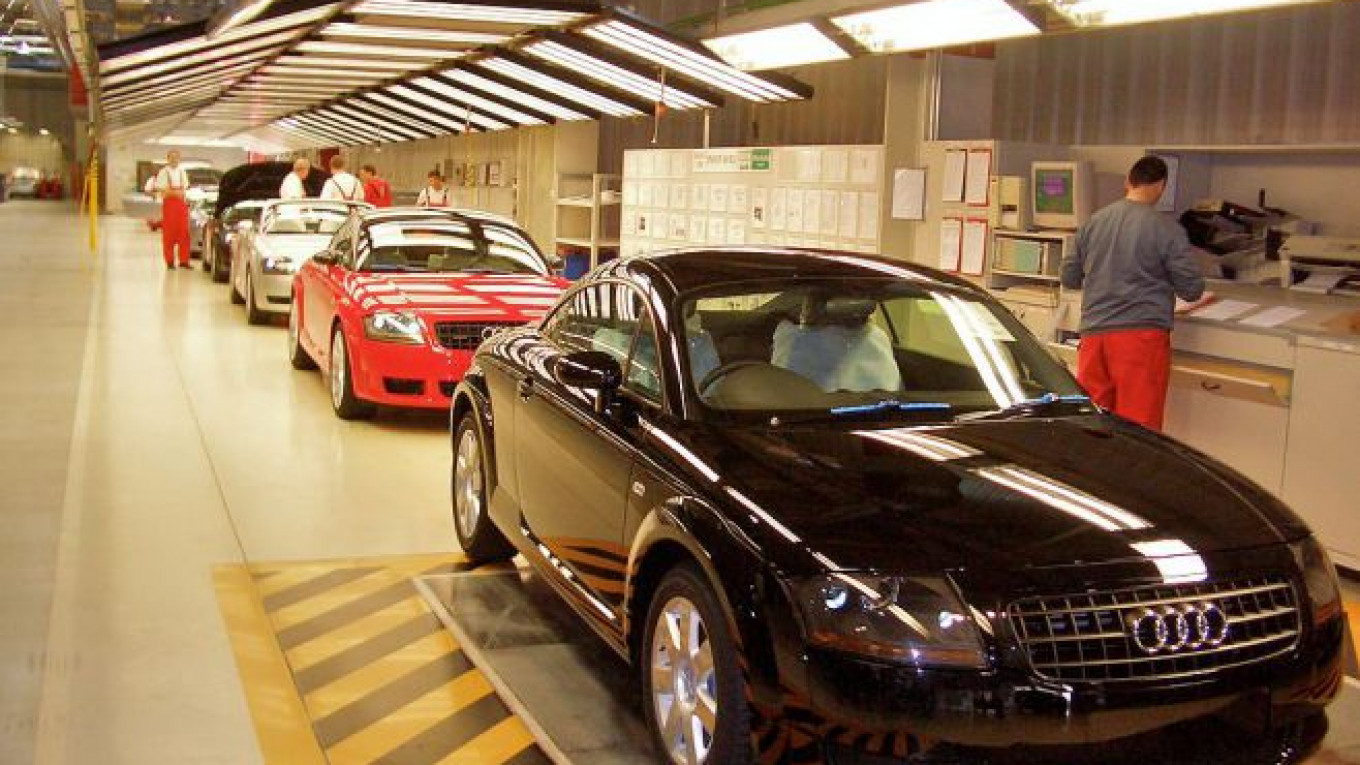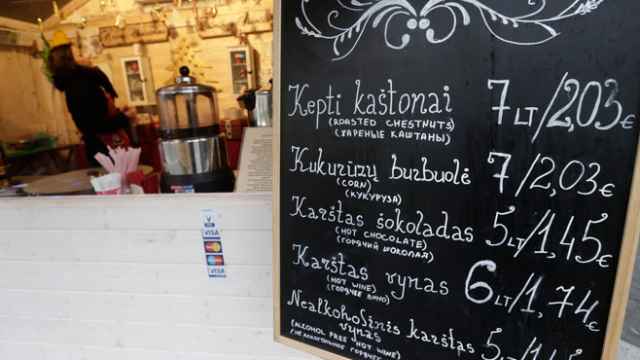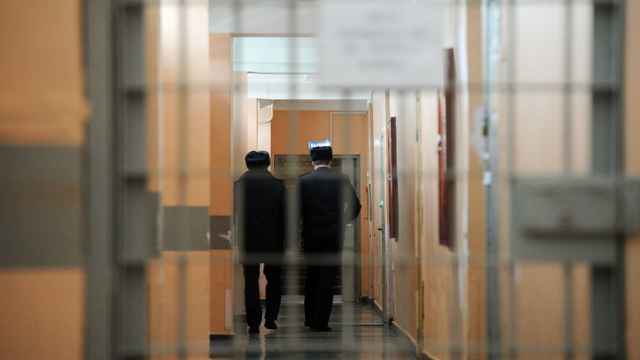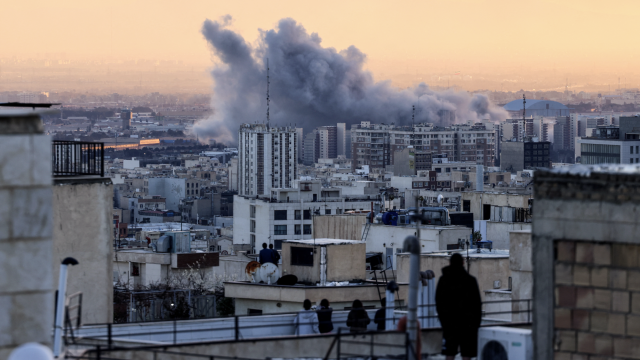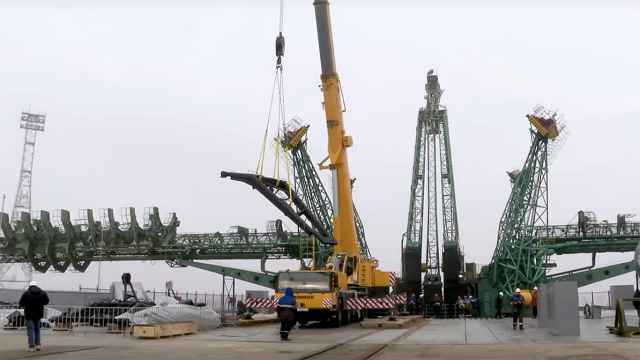WARSAW — Weaker growth in Hungarian manufacturing led a slowdown in central European factory output in December as falling oil costs failed to offset the drag from the euro zone's malaise and the crisis in Russia.
The Manufacturing PMI index for Poland, the region's largest economy, eased to 52.8 last month from 53.2 in November, data compiled by Markit and HSBC showed. The 50 mark separates expansion from contraction. Analysts polled by Reuters had expected a reading of 52.8.
Hungary's Association of Logistics, Purchasing and Inventory Management said on Monday its PMI index, which is calculated under a different methodology, fell to 50.7 in December from 55.0 in November.
Czech manufacturing activity expanded significantly less than expected in December, the HSBC Purchasing Managers' Index (PMI) showed on Friday. The PMI reading slipped to 53.3 in December from 55.6 in November.
"While momentum in Poland is holding up, in Hungary and the Czech Republic one can see a rather significant weakening," said Michal Dybula, CEE economist at BNP Paribas.
"The weakening is due to several factors including a deterioration in the outlook for foreign trade, because of the situation in Russia and the euro zone," Dybula said, adding he saw no signal in the PMIs of any early acceleration in economic growth.
The readings reflected weak output, new orders and employment readings in the euro zone, central Europe's largest export market, and companies' exposure to sanctions against Russia and to the loss of over 40 percent of the ruble's value against the dollar since June last year.
Exports to Russia accounted for about 5 percent of Poland's total in 2013, compared with about 3 percent for the Czech Republic and Hungary.
Russia also imposed a ban on imports of foodstuffs as part of tit-for-tat sanctions with the West, which is expected to hit Poland, a major agricultural producer, particularly hard.
On the other hand, central Europe relies on oil imports and steep declines in the prices of the commodity have left more money in the pockets of its consumers and firms, economists said.
Analysts said year-stoppages at car plants in Hungary contributed to the decline its PMI.
"The industrial output figure will also be poor, this is expected, as the car factories halt production at the end of the year so … it is rather a reflection of technical factors," said Andras Balatoni, a Budapest-based economist at ING.
A Message from The Moscow Times:
Dear readers,
We are facing unprecedented challenges. Russia's Prosecutor General's Office has designated The Moscow Times as an "undesirable" organization, criminalizing our work and putting our staff at risk of prosecution. This follows our earlier unjust labeling as a "foreign agent."
These actions are direct attempts to silence independent journalism in Russia. The authorities claim our work "discredits the decisions of the Russian leadership." We see things differently: we strive to provide accurate, unbiased reporting on Russia.
We, the journalists of The Moscow Times, refuse to be silenced. But to continue our work, we need your help.
Your support, no matter how small, makes a world of difference. If you can, please support us monthly starting from just $2. It's quick to set up, and every contribution makes a significant impact.
By supporting The Moscow Times, you're defending open, independent journalism in the face of repression. Thank you for standing with us.
Remind me later.


